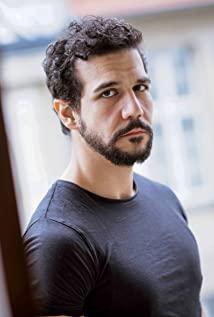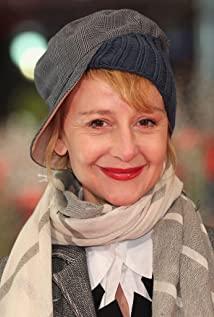"The Reader" tells the story of 15-year-old Mike, who falls in love with 36-year-old Hannah, a man who can almost be his mother and maintains a secret lover relationship with him. Later, Hannah disappeared. When Mike grew up, the reunion between the two turned out to be the court of the war criminal trial. Hannah was a guard in the Nazi concentration camp. Hannah did not kill directly, but was engaged in the role of an accomplice. Mike was never able to forgive Hannah. This intersection of hate and love haunted him. Even though he divorced his wife and recorded a reading tape for Hannah outside the prison, he never forgave Hannah from the bottom of his heart. It wasn't until Hannah, who was dying of age, committed suicide, that Mike realized that the lust had turned into love after so many years, and it had been deeply embedded in his heart.
Through the appearance of lust and love, dignity is actually the core of the film. In order to keep the secret that she is illiterate, Hannah does not hesitate to admit her crime in court and miss the opportunity to reduce her sentence. Hannah believes that her dignity is greater than her freedom. She could endure the loss of freedom, but she couldn't bear the loss of dignity. She persisted in her world of solitary confinement until 20 years later, she learned to read and write in prison, and realized more of the true meaning of life. At this time, she gave up The original self-contempt for illiteracy has been rediscovered, and the new value of dignity has been found, and finally self-liberation is achieved by death.
There is a line in the film that interprets this unethical love. - "You will be more beautiful when you drop your life than when you have it. Heaven will take you away, look at you, and say that there is only one thing that can make a soul whole, and that is love."
View more about The Reader reviews











